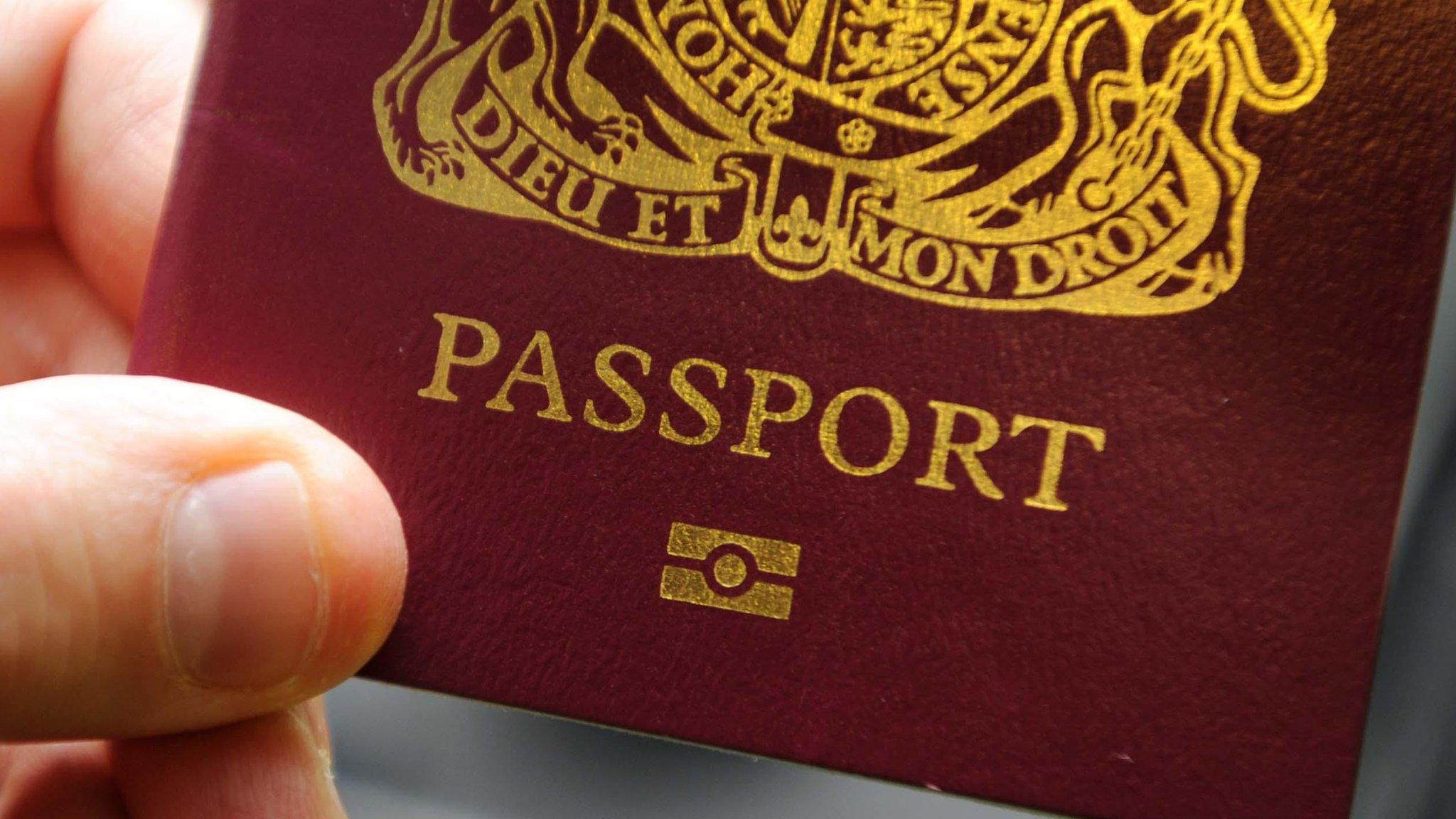Passport delays: Why they are happening
- Published
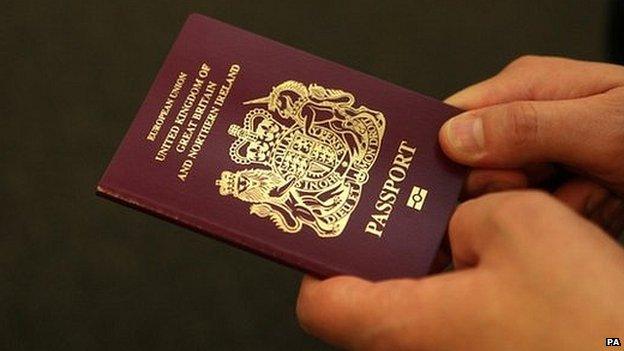
Home Secretary Theresa May has announced emergency measures to deal with a backlog of passport applications.
What's the problem?
Thousands of people are experiencing delays in receiving their new passports because of a backlog at the Passport Office. It is normal to see an increase in demand at this time of year as people renew their passports ahead of their summer holidays - but the surge has been far greater this year. On 17 June, Passport Office chief executive Paul Pugh confirmed that the number of applications classed as "work in progress" had gone up from 289,892 on 16 March to 493,289 on 8 June - an increase of 203,397. In 2013, there were 72,586 "work-in-progress" applications in March and 146,939 in June - an increase of 74,353. That means there are 346,350 more applications in the system than there were this time last year.
Why the delays?
Ministers have suggested the surge in demand for passports has been caused by an upturn in the economy - but Passport Office boss Paul Pugh says he does not know why it has happened. In fact, Mr Pugh did predict that there would be an increase of 350,000 applications this year - very close to the 346,289 extra applications currently in the system. He warned about the extra workload in the foreword to the agency's 2013 annual report, saying it would be caused by the closure of seven passport offices at British embassies and the transfer of the work to the UK. Critics say he failed to put adequate measures in place to deal with the extra work. Mr Pugh says preparations were made and although the actual increase will be closer to 400,000, over a 12 month period, he does not think it is the cause of the backlog. He has commissioned an independent investigation to discover the cause and why the agency failed to predict it.
Is it because of job cuts at the Passport Office?
The unions blame 550 job cuts at the Passport Office. They say that instead of taking on extra staff to cope with the surge in demand from the closure of international passport centres, managers forced staff to work longer hours, resulting in "burn-out" and a backlog of applications. The government says the job cuts were linked to the scrapping of the ID card scheme and were not connected to passports. Paul Pugh says extra staff were drafted in to cope with the surge in workload from international applications.
How long should it take to renew a passport?
You should normally allow three weeks to renew a British passport. New passports can take up to six weeks.
How long is it currently taking?
Mr Pugh said 90% of applications were being processed within the three weeks they are meant to take. If he is correct, 34,635 people will have to wait longer than they expected to receive their new passport. Some people have told BBC News it has taken up to two months for their applications to be processed.
What about applications for a first passport?
First time passport applicants are being turned away from the Passport Office in London, as staff focus on clearing the backlog of renewals. There are reports of similar problems at other passport centres around the UK.
What is the Passport Office doing about the backlog?
They have redeployed 250 staff to the "front line", introduced longer opening hours at all passport offices, which are now operating seven days a week, and drafted in an extra 650 helpline staff. New offices will be opened in Liverpool with an additional 100 staff.
What is the Home Office doing about it?
After initially denying there was a problem, Home Secretary Theresa May has now announced a series of emergency measures to try to tackle the backlog - people renewing their UK passports from overseas will be given a 12-month extension to their existing passport. Those applying for passports overseas on behalf of their children will be given emergency travel documents.
Can passports be renewed more quickly in an emergency?
Passports can be renewed within four hours, external if you pay £128 for a "premium" service. For £103, your passport can be renewed within a week, under what is known as the "fast track" service. You can't use these services if you're applying online or for certain types of passport, such as a first adult passport. You also have to book an appointment to visit a Passport Customer Service Centre. There are seven of these around the UK, including in London, Belfast, Liverpool and Glasgow ., external
Can I upgrade to the fast-track service if I need my passport right now?
For a temporary period, the Passport Office will upgrade applicants to the premium one-day service at no charge if they can demonstrate an "urgent need" to travel abroad. It will only apply to people who are renewing their passport by post from within the UK - and are booked to travel within the next seven days but whose application has been with the Passport Office longer than the standard processing time of three weeks through no fault of their own. The proper checks must also have been carried out - but the processing, printing and delivery of their new passport will be fast-tracked for free. Full details are on the Home Office website, external.
What do standard passports cost?
Standard adult passports cost £72.50 to renew or £81.25 if you use the Post Office's Passport Check and Send service. Child passports cost £46 or £54.75 respectively.
I am about to travel but my passport has not arrived - help!
The best thing to do is telephone the Passport Office and ask if you can upgrade to the premium one-day service. If you are not getting the help you need, get in touch with your MP - a succession gave examples in the Commons of how they had helped people get their passports.
Can I claim on my travel insurance if I have to cancel a holiday over a delayed passport?
Almost certainly not. Most travel insurance only covers the loss of passports when overseas or when travel is significantly delayed by factors other than a late passport. You will not be entitled to compensation from the Passport Office either.
- Published11 June 2014
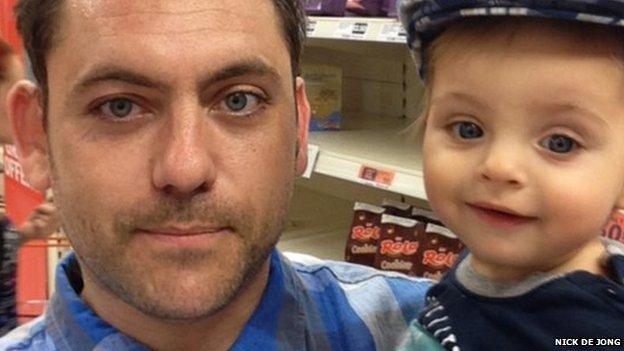
- Published11 June 2014
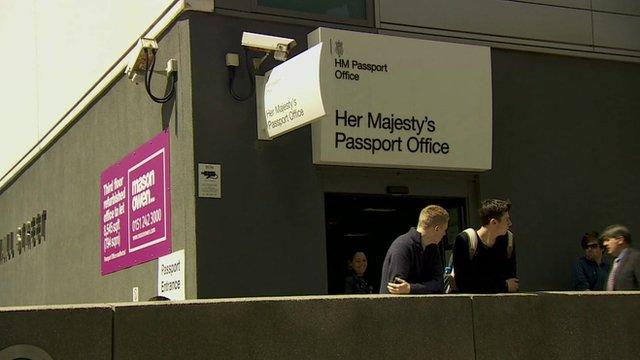
- Published11 June 2014
- Published10 June 2014
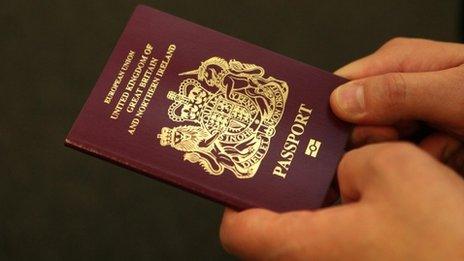
- Published7 June 2014

- Published28 March 2014
